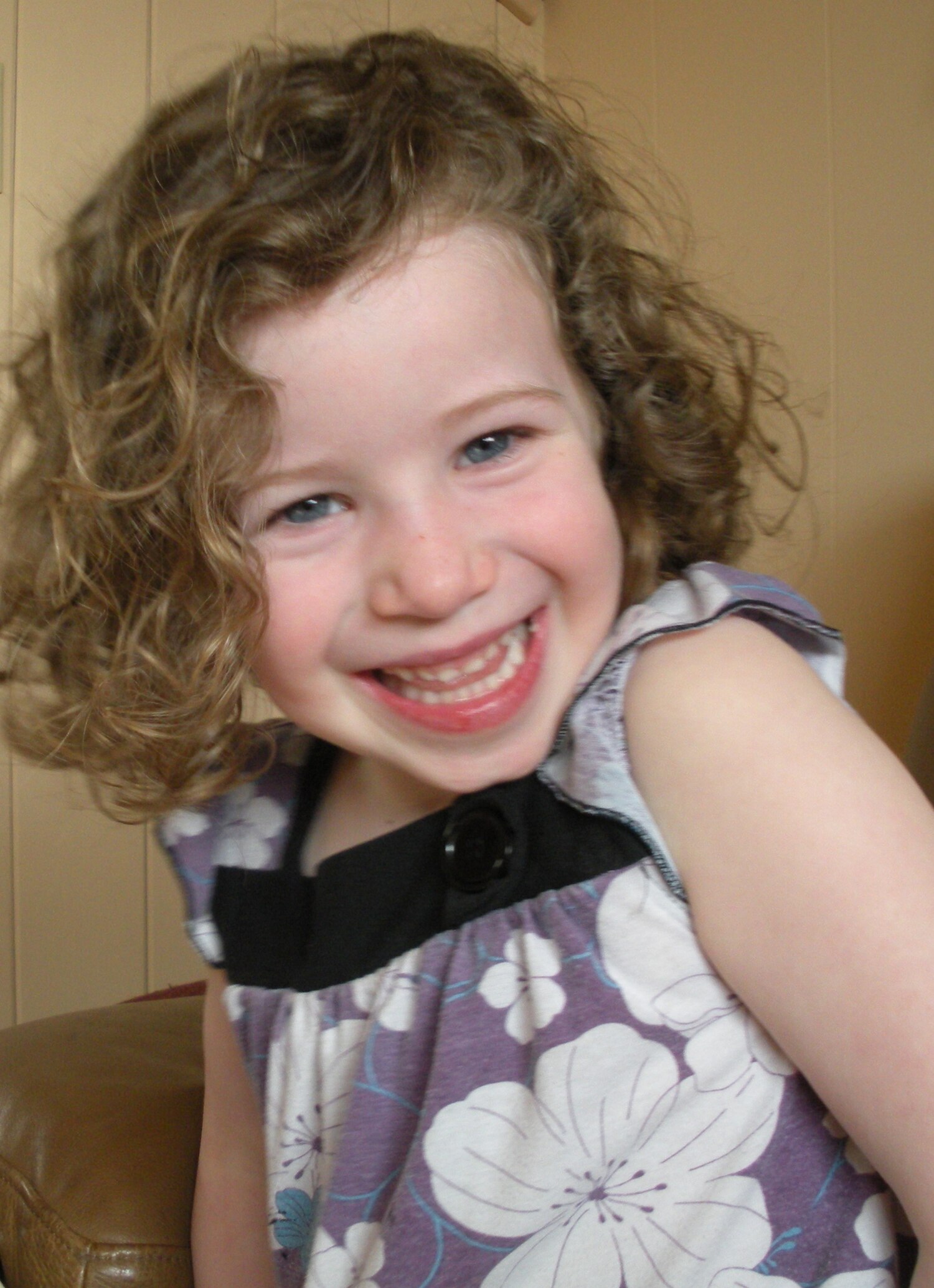News Around NIDDK
TEDDY reaches recruitment target, analysis of data to begin
By Rita Zeidner

Tilly Gershbein barely winces these days when staffers at the Pacific Northwest Diabetes Research Institute in Seattle swab the inside of her nose. Accustomed to the procedure, along with being weighed and measured and getting pricked for a blood sample, the curly-haired 4-year-old keeps her eyes on the prize. At the end of her last visit, she scored a new backpack. Before that, a teddy bear.
Perhaps unbeknownst to Tilly, the payoff for tolerating the poking and prodding could be much greater: an eventual vaccine or other preventive treatment for type 1 diabetes.
Tilly is among more than 8,000 youngsters enrolled in one of NIDDK’s most ambitious studies, The Environmental Determinants of Diabetes in the Young Study, or TEDDY. Researchers in the United States, Germany, Sweden, and Finland recently finished recruiting for this trial, and the data they collect from participants could reveal some of the unknowns about who is most likely to develop type 1 diabetes and why.
The fact that Tilly has an aunt who developed type 1 diabetes as a child figured prominently in the decision to enroll in the study, said Emily Gershbein, Tilly’s mother. After a blood test taken at birth showed Tilly was at elevated risk of developing the disease, continuing on with the trial was a no-brainer.
“I've known about diabetes for most of my life, so I was well aware of how it can affect people,” Emily said. As part of TEDDY, Emily keeps a detailed record of everything Tilly eats for several days each year and regularly submits one of Tilly’s stool samples.
Given her sister’s history of type 1 diabetes, learning Tilly was at risk wasn’t a shock, Emily said. The surprise came when TEDDY researchers discovered Tilly had celiac disease, a digestive disorder that damages the small intestine and interferes with absorption of nutrients from food.
Earlier studies suggest celiac and type 1 diabetes are linked, so it made sense to test TEDDY participants for both, said Dr. Beena Akolkar, the NIDDK geneticist overseeing the study.
Now that the desired number of patients have been enrolled in the study, researchers are poised to begin sifting through data collected thus far. “We will soon be in a position to analyze our samples for biomarkers, toxins, and infectious agents,” said Dr. Judith Fradkin, director of NIDDK’s Division of Diabetes, Endocrinology, and Metabolic Diseases.
For Emily Gershbein, enrolling in TEDDY has already proved worthwhile.
“No one wants this kind of news,” Emily said of Tilly’s diagnosis. “But if your daughter has a disease like celiac, it’s best to learn about it early, so you can keep her away from foods that can do damage. The diagnosis was a benefit of TEDDY we never expected.”

